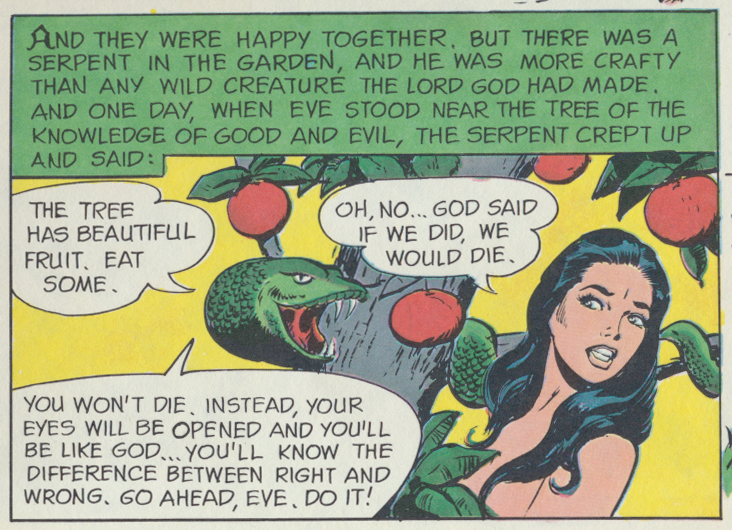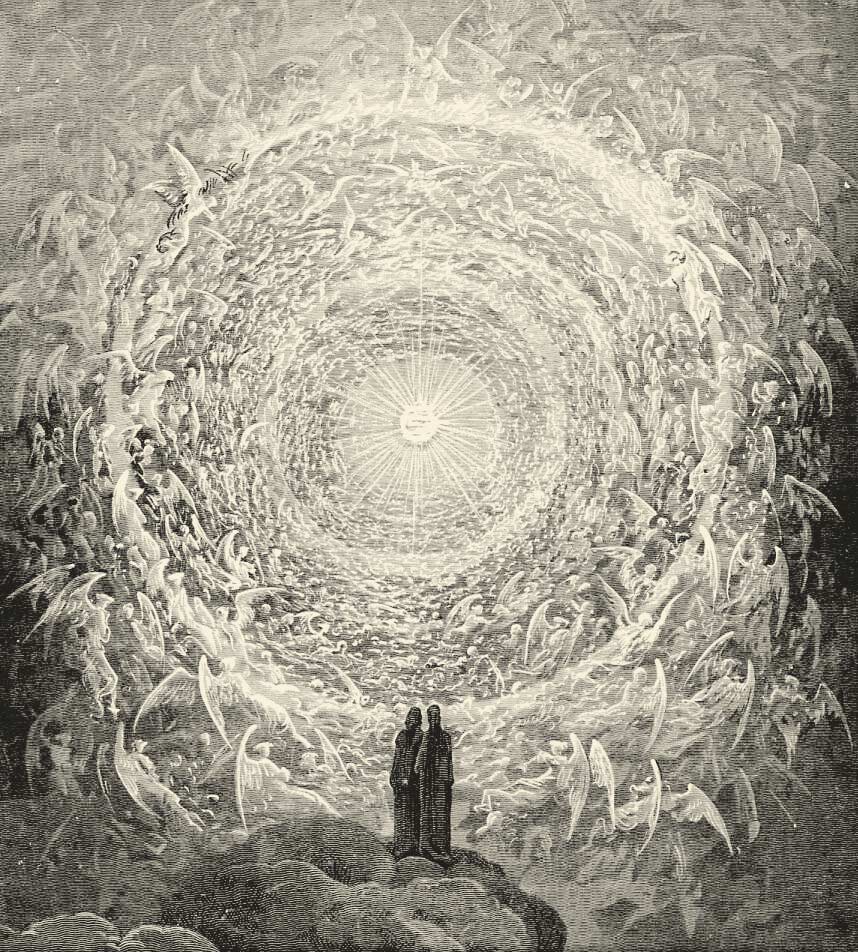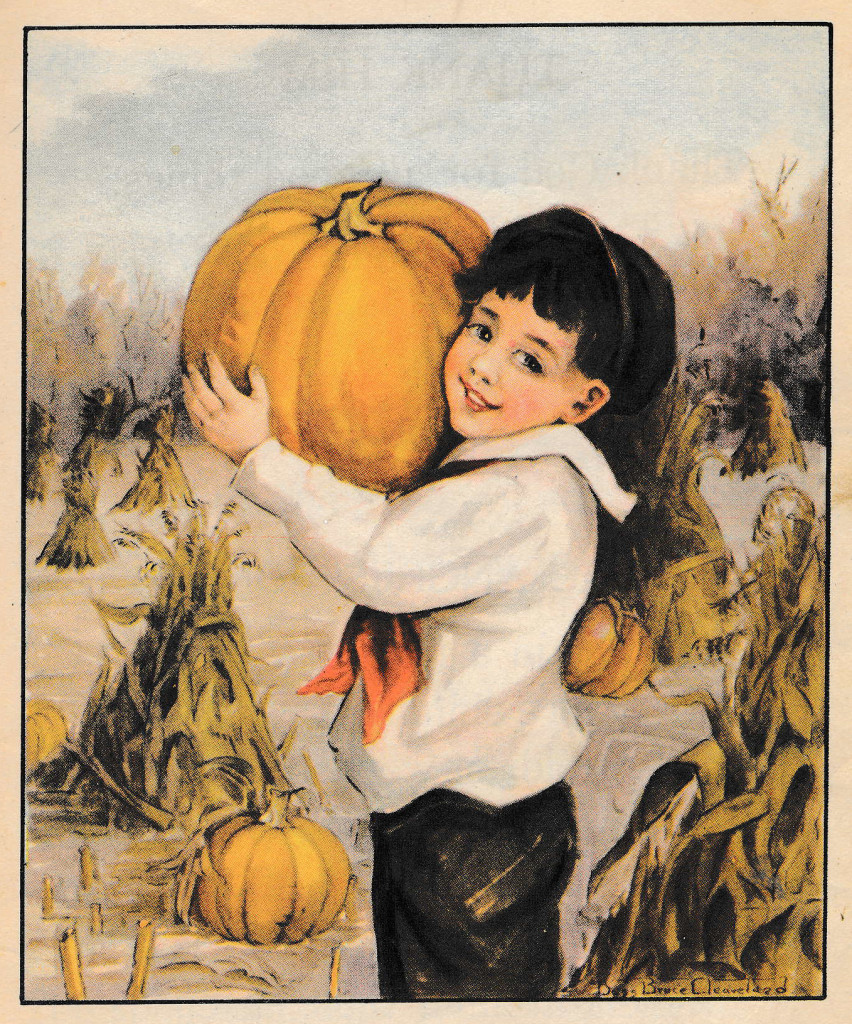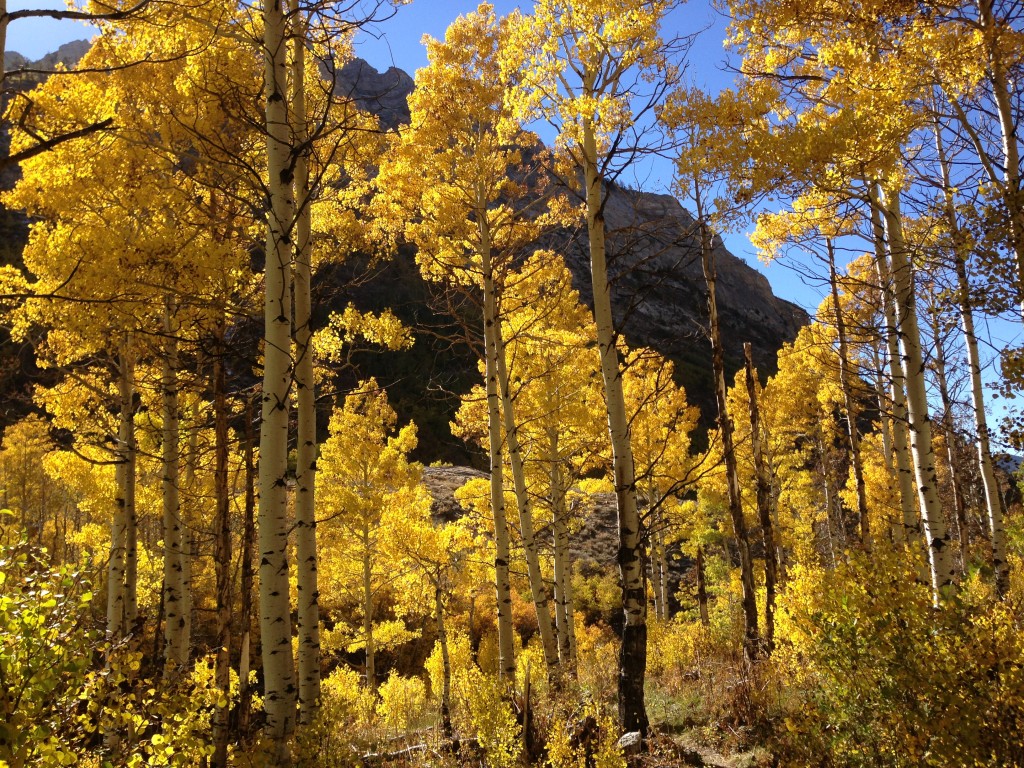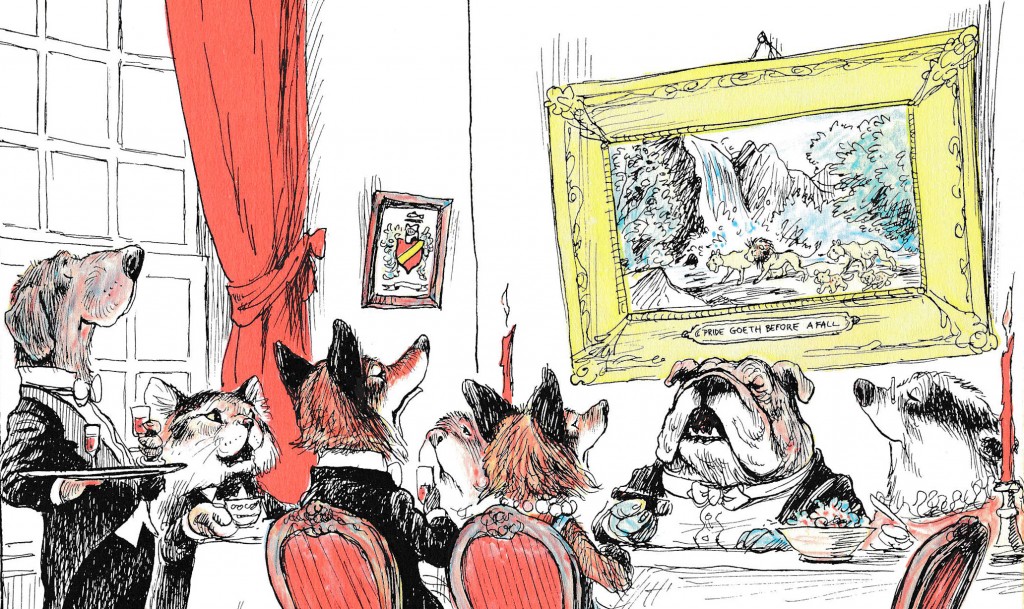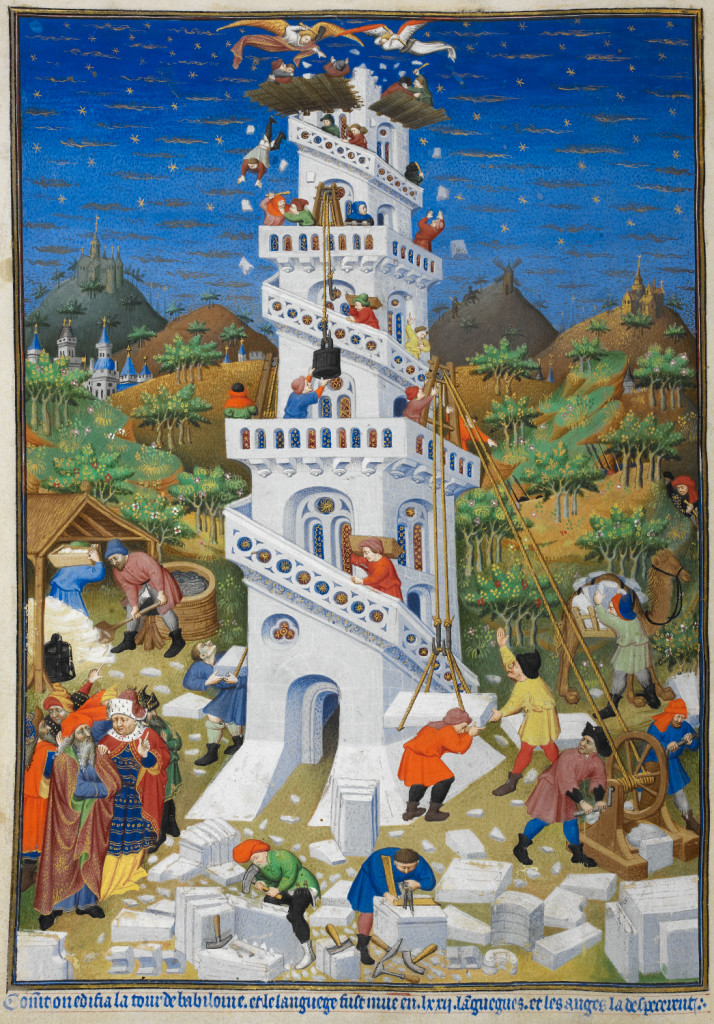
Building of the Tower of Babel
British Library, Add MS 18850 f17v
Photo via Wikimedia Commons
Now the whole earth had one language and few words. And as men migrated from the east, they found a plain in the land of Shinar and settled there. And they said to one another, “Come, let us make bricks, and burn them thoroughly.” And they had brick for stone, and bitumen for mortar. Then they said, “Come, let us build ourselves a city, and a tower with its top in the heavens, and let us make a name for ourselves, lest we be scattered abroad upon the face of the whole earth.”
And the Lord came down to see the city and the tower, which the sons of men had built. And the Lord said, “Behold, they are one people, and they have all one language; and this is only the beginning of what they will do; and nothing that they propose to do will now be impossible for them. Come, let us go down, and there confuse their language, that they may not understand one another’s speech.” So the Lord scattered them abroad from there over the face of all the earth, and they left off building the city. Therefore its name was called Babel, because there the Lord confused the language of all the earth; and from there the Lord scattered them abroad over the face of all the earth.
Genesis 11: 1-9
“Now the whole earth had one language and few words.”
I like that sentence. It’s condensed and powerful. It’s musical. It’s a great opening line for a story, and it makes me think.
One language and few words.
What if there were fewer words to choose from? Would it be easier? Is nuance a killer?
I think about the energy and emotional capital I use trying to find the right words. I need words that will say what I mean. Words that won’t offend. Words that won’t be twisted. Oh, but there are so many words. Which to choose? How to arrange them?
I think about how you can use multitudinous words to describe something in detail, or to weary and confuse the listener while giving the impression that you are an expert. Great storms of words, piles of words, blasting and burying, with no guarantee of meaning.
One language, few words.
For me, the story of Babel is about the misuse of language as well as being a cautionary tale of hubris. What language made possible–understanding, cooperation, the undertaking of mighty works–was turned to the wrong purpose. A migrating people decide to stop moving and settle, to build an impressive culture that will last; to keep themselves from being scattered and lost.
“…let us make a name for ourselves, lest we be scattered abroad upon the face of the whole earth.”
Why is this so wrong? People are always trying to overcome mortality. Look at how we build pyramids, and corporate empires, and reputations and wealth. People want sons who will carry on the family name. People stake a claim to a spot of land. This land is mine. People will remember me. What I have built will bear my name for generations.
“Therefore its name was called Babel, because there the Lord confused the language of all the earth; and from there the Lord scattered them abroad over the face of all the earth.”
They thought they would make a name for themselves and a monument, and instead God named their effort–Babel (Hebrew: jumble; confuse)–and scattered them.
We still try to build towers. We call them corporations and institutions and governments and denominations and various other sorts of entities constructed to aid preservation and codification. So many words like bricks to build them. Charters and articles and bylaws and constitutions… always a tension between ourselves in the present and our mortality. At our passing, will our memory be scattered like our ashes?
Homelessness will gnaw at you whether you have no home or because you cannot get back to the place where you belong. I think about the expulsion from the Garden of Eden, the wandering in the wilderness of Sinai, the Babylonian exile, people like sheep without a shepherd, harassed and helpless: so much scattering, so much wandering. Refugees without rest. Lonely rootless souls.
And yet…though the Lord himself confused their language and scattered them abroad, he also sent The Word to dwell in his people and transform them. God’s people are still on the move, but this time they do not wander, they are sent. “Go therefore and make disciples of all nations.” We are nomads. We are travelers. We are scattered like seed, blown by the Spirit while that same Spirit binds us in community–living members, living stones.
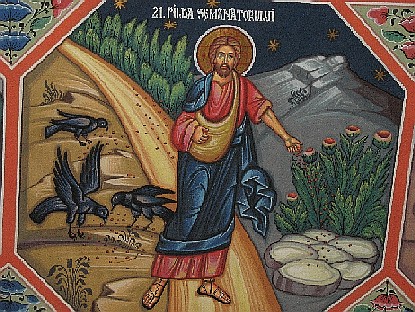
Parable of the Sower
Sts. Konstantine and Helen Orthodox Church, Cluj, Romania
Photo: Wikimedia Commons




